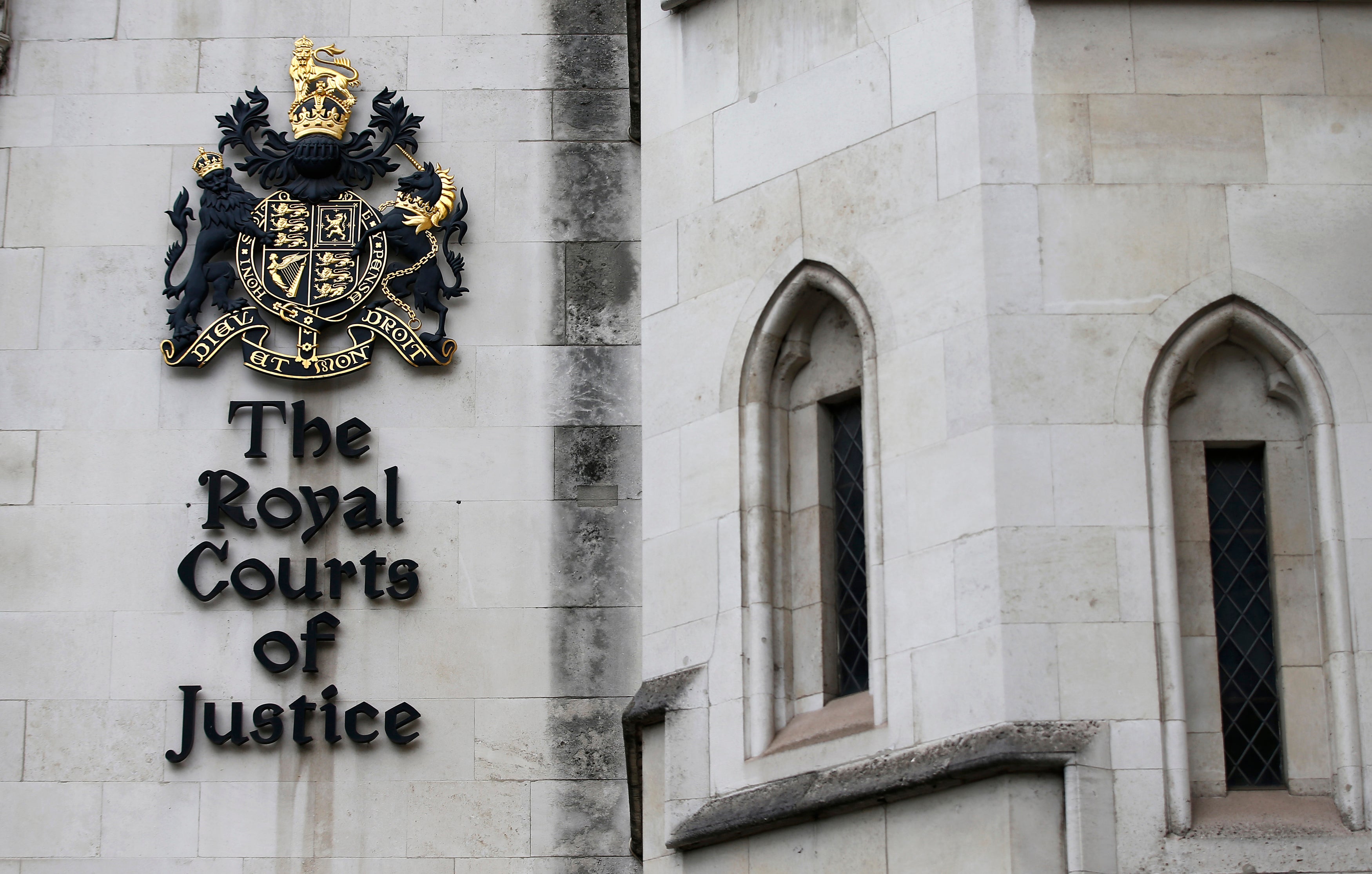
The senior judiciary and the media should establish a formal committee to promote open justice and greater access to information about cases being dealt with at the Royal Courts of Justice, according to the Chartered Institute of Journalists.
The call comes in a new report the institute, the oldest professional association of journalists, has sent to the Lord Chief Justice, Lord Burnett, the President of the Supreme Court, Baroness Hale of Richmond, David Gauke, the Lord Chancellor and Secretary of State for Justice, Culture Secretary Matt Hancock, the News Media Association, Society of Editors, and the Bar Association and Law Society.
On the committee, the report says: “This commitment need not be onerous, and might only involve meetings taking place twice a year.”
It suggests that senior members of the judiciary, and officials from HM Courts and Tribunals Service, could have discussion with the Press Association and other media editors or legal affairs specialists to develop an understanding of the work undertaken at the Royal Court of Justice, the largest court complex in the United Kingdom.
“This practice has always worked well in the USA, and very effectively promoted understanding and appreciation of the respective needs and concerns of judicial and journalistic cultures,” says the report, written by Professor Tim Crook, Professor of Media Law at Goldsmiths, University of London.
The report warns: “In recent years there has been an unprecedented, and sustained, attack on the journalism profession, which has taken a toll on our ability to cover courts, and report on their function.
“This has alarming consequences for open justice and wider society.”
Professor Crook reports that one recent day-long visit to the Royal Courts of Justice with a group provided six examples of the “dramatic effects” the reduction in court reporting was having, with important cases not being covered.
The report’s recommendations include:
- Obliging judges to produce one-page summaries and explanations of all their rulings – the Supreme Court’s “impressive public engagement policy of case ruling summary, and website publication” is a good model, the report says.
- Publishing these summaries and written rulings as soon as possible on the day of ruling by distributing paper copies and uploading digital versions on to a relevant online platform, such as the Ministry of Justice website.
- Making access to case documents easier. “The skeleton arguments of parties, that are now compulsory for most high court hearings, should be made accessible to journalists for all cases,” the report says. This could be done through an active website resource.
- Putting a brief summary of a case on the court listings – it is “ludicrous that journalists or trainee journalists and their tutors should be faced with the bleak presentation of mere names of parties, judge, court numbers and times”, the report says. “Such information is virtually meaningless in terms of public communication.”
- Improving facilities for journalists in courtrooms.”Everything should be done to encourage and invite a journalistic presence in court. Court officials should be trained, ready and willing to enable journalists to sit in the sections for Press/Media. Adequate provisions should be made for cases where a high level of Press attendance is anticipated.”
- Keeping digital audio and video repositories of rulings, and greater judicial engagement with the use of multimedia.
- Establishing apprenticeships for specialist court reporters to reverse the decline in professional journalistic representation at the Royal Courts of Justice. “The impressive and highly professional Press Association is undoubtedly the last stand along with independent news agency presence in the building. The Institute recommends a partnership between the Ministry of Justice and the Press Association (should they be willing) with the inauguration of four high court reporting apprenticeships to run for three years with ongoing recruitment after each three-year period,” says the report, which also calls for the system to help trainee journalists who wish to study for a law degree.
Email pged@pressgazette.co.uk to point out mistakes, provide story tips or send in a letter for publication on our "Letters Page" blog
